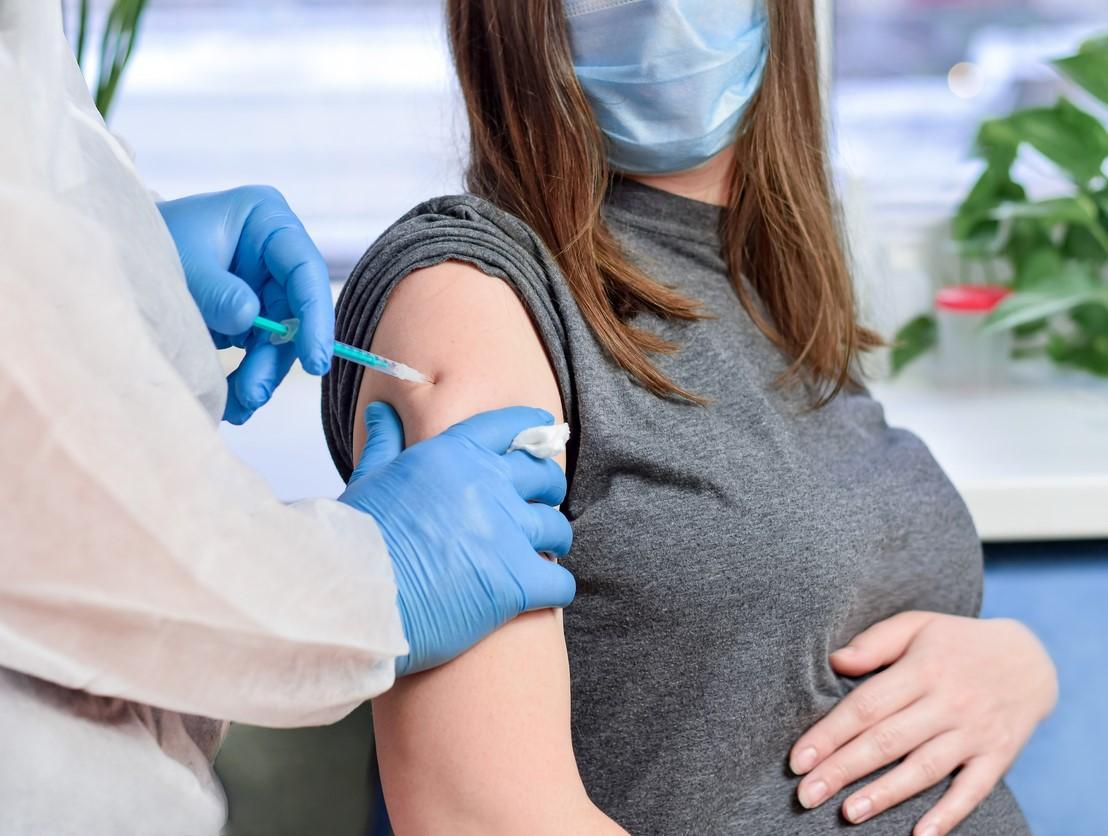A US modeling study published yesterday in JAMA Pediatrics estimates that vaccinating pregnant women against COVID-19 prevented 7,000 hospitalizations in infants and 3,000 in pregnant women from January 2024 to May 2025.
The Stanford University–led research team analyzed COVID-NET surveillance data on COVID-19 hospitalization rates in infants younger than 6 months and incidence data on pregnant women aged 18 to 49 years under a relative risk of 2.65. The aim was to estimate the health impact of vaccination during pregnancy, mainly during the second or third trimester.
The team also used recent COVID-19 vaccine effectiveness (VE) estimates, including a 35% reduction in COVID-19 hospitalization risk in young infants and a 33% VE in adults.
HHS changed guidance for pregnant women
In May 2025, the US Department of Health and Human Services (HHS) stopped recommending COVID-19 vaccination for pregnant women after recommending it for years based on evidence that it reduces the risk of severe illness in young infants and pregnant women.
"Vaccination during pregnancy confers direct protection to newborns through transfer of maternal antibodies, conferring passive immunity to the infant for approximately 6 months, and is associated with significant reductions in infant hospitalizations," the study authors wrote.
"Infants younger than 6 months are not eligible for COVID-19 vaccination, and their risk of severe COVID-19 is much higher than other pediatric age groups, often similar to those aged 65 to 74 years in the current epidemiologic era," they added. "Pregnancy also doubles the risk of severe COVID-19."
Authors call for HHS to reconsider guidance
Under a counterfactual scenario in which pregnant women didn't get vaccinated against COVID-19, an estimated 7,148 related hospitalizations of infants (in a population of 1.83 million within the United States) and 3,106 hospitalizations of pregnant women (in a population of 3 million) may have occurred during the study period.
If 50% or 100% of pregnant women were vaccinated against COVID-19, 1,251 and 2,502 hospital admissions, respectively, would have been averted among infants, and 228 and 456 hospitalizations, respectively, would have been prevented in pregnant women.
While there is global variation in policy recommending COVID-19 vaccination during pregnancy, the US has a high risk of severe COVID-19 in newborns, underscoring relevance of maternal COVID-19 vaccination.
But if vaccine uptake among pregnant women were only 15%, vaccination would have averted 375 COVID-19 hospitalizations in infants and 68 in pregnant women.
"This decision analytical model study estimates that COVID-19 vaccination (primarily annual COVID-19 vaccination) during pregnancy will likely continue to yield meaningful public health benefits in the US, especially to reduce COVID-19 hospitalizations in infants," the researchers wrote.
"While there is global variation in policy recommending COVID-19 vaccination during pregnancy, the US has a high risk of severe COVID-19 in newborns, underscoring relevance of maternal COVID-19 vaccination," they added.
The team noted that vaccine coverage has been low, which may reduce the impact of maternal vaccination.
"This study demonstrates meaningful benefit of COVID-19 vaccination during pregnancy, which has moderately waned over time, but still supports the need to reconsider the decision to remove vaccine eligibility during pregnancy," the authors concluded. "Continued studies on the COVID-19 risk and vaccine effectiveness in this population are important."




















